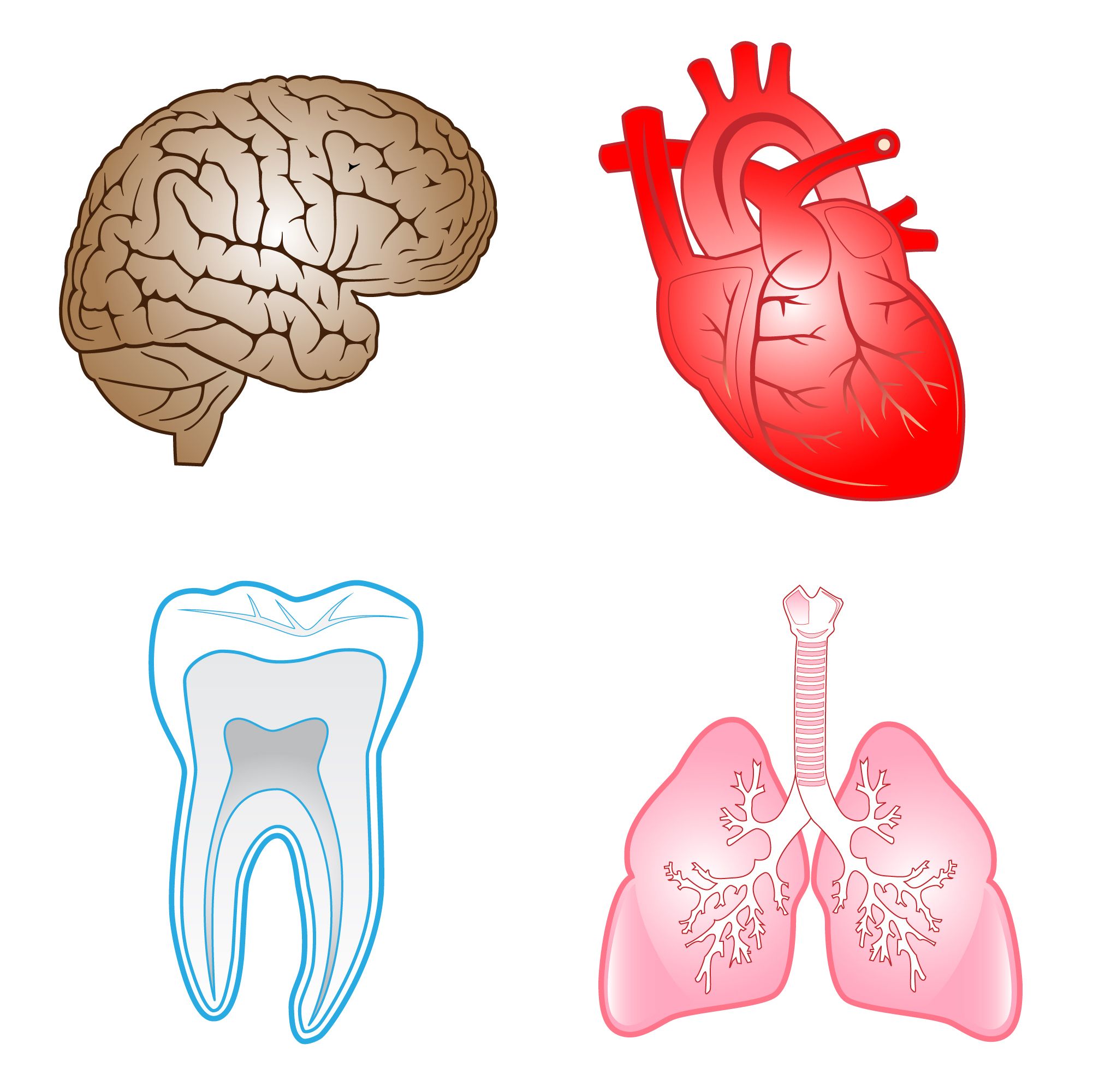Complete Health Dentistry: The Mouth and Body Connection
The U.S. health care system treats oral health as thought it is completely separate from overall health. But the more that is learned about diseases like heart disease and stroke, the clearer the link between the mouth and the body becomes. Dr. Tiky Swain takes the complete health dentistry approach in her practice. This is why you should, too.

Complete health looks at the body as a whole — and that includes the mouth.
More than a decade ago, the Surgeon General's report on oral health spoke to the importance of engaging in activities aimed at identifying, monitoring, and reducing oral health disparities.
This report concluded oral health's overall importance to health as one of the top-12 leading health indicators for Healthy People 2020. However, many patients walk through our dental doors unaware of the effects dental disease has on their general health and/or the manifestation of systemic diseases. This is where the concept of complete health dentistry comes into play.
Complete health dentistry aims to educate the patient about how the mouth relates to the body. It is specific to each patient based on oral health, medical history, and daily habits. Complete health dentistry allows the patient to understand that oral disease has just as much effect on the body as communicable and autoimmune diseases. This comprehensive approach not only focuses on the clinical issues with a patient’s teeth, but gathers information to further examine the problem and consequences of oral disease.
As a practitioner of complete health dentistry, my goal is to partner with patients and the medical community to bring awareness to oral health’s role in achieving overall health. This connection between oral and overall health is becoming more common in conventional dentistry — complete health dentistry takes an integrated approach to dental care.
The American Academy for Oral Systemic Health states that bacteria that live in the mouth can cause heart disease, high blood pressure, and stroke. According to the Academy of General Dentistry, more than 90 percent of systemic diseases have oral symptoms such lesions, redness or swelling. Educating patients on this vital information gives them to the opportunity to improve oral habits and decrease these deadly health risks. The fact is the mouth talks to the body, and the body talks to the mouth.
Many patients take their teeth for granted, regarding them as mere tools for chewing and smiling. What’s more, most people do not realize getting a cavity or having gum disease can cause a permanent or deadly health risk. However, this perspective is changing as the link between oral health and overall health emerges in the social consciousness.
With this relationship brought to the forefront, complete health dentistry has the potential to revolutionize the medical industry. It is my hope the view of oral health as separate from general health can change with the complete health dentistry approach, giving dentists the platform they deserve to tackle preventable diseases relating to oral health.
Discover more Dentist’s Money Digest® news here.
RELATED: More Coverage on
- Q&A with Dr. Edward Alvarez: How to Market Cosmetic Services, Part I
- Employment Law: Dentists Can't Afford to Ignore It
- 5 Feng Shui Tricks for Your Home and Practice